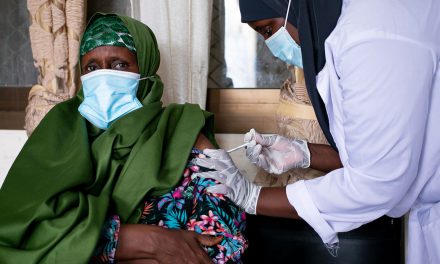The Indian Council of Medical Research and the National Institute of Nutrition (ICMR-NIN) unveiled a comprehensive set of 17 dietary guidelines on Wednesday, aimed at combating nutrient deficiencies and addressing the escalating threat of non-communicable diseases (NCDs) such as obesity, diabetes, and cardiovascular ailments prevalent across India.
These guidelines, meticulously crafted by top research bodies, underwent rigorous academic and scientific scrutiny, ensuring they are evidence-based and practical for implementation. They are tailored to cater to individuals of all age groups and are intended to promote diet diversity to fulfill essential nutrient requirements while warding off NCDs.
Key aspects of the guidelines encompass maintaining a balanced diet, prioritizing vegetables and legumes, providing specific nutritional recommendations for pregnant and lactating mothers, addressing the dietary needs of infants, children, and adolescents, advocating for nutrient-rich diets for the elderly, endorsing the consumption of safe and clean food, and emphasizing adequate hydration.
Furthermore, the guidelines discourage reliance on protein supplements for muscle building, advocate for limiting salt intake, moderating consumption of oils and fats, adopting a healthy lifestyle to combat obesity, stressing the importance of regular exercise, minimizing the consumption of ultra-processed foods, and advocating for informed decision-making by scrutinizing food labels.
Rajiv Bahl, Secretary of the Department of Health Research and Director-General of ICMR, highlighted the evolving dietary patterns in India, which have contributed to the surge in NCDs while persisting issues of undernutrition remain. Bahl emphasized the relevance of these guidelines to the changing food landscape in India, incorporating practical advice on food safety, selecting minimally processed foods, understanding food labels, and promoting physical activity.
Hemalatha R., Director of ICMR-NIN and Chairperson of the Expert Committee behind the guidelines, underscored the paramount importance of ensuring the availability, accessibility, and affordability of nutrient-rich foods while advocating for the consumption of a diverse range of foods. She emphasized that these guidelines are a critical tool in addressing all forms of malnutrition sustainably and in the long term.
ICMR-NIN, headquartered in Hyderabad, periodically revises dietary guidelines for Indians based on emerging scientific evidence and the evolving food scenario. The most recent update to nutrient requirements for Indians was released by ICMR-NIN in 2020, reflecting the commitment of Indian research institutions to safeguard public health through evidence-based dietary recommendations.












